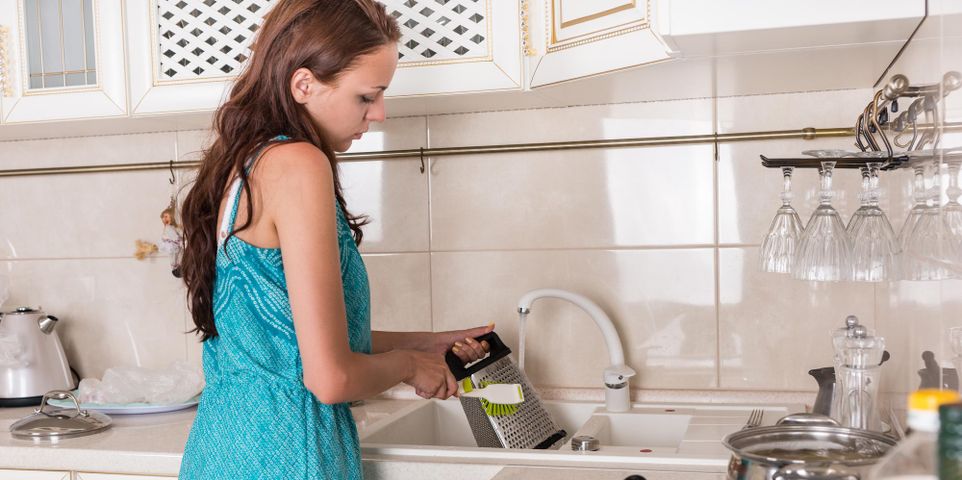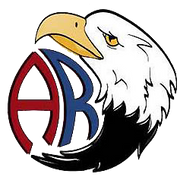How Fats, Oils, & Grease Impact Your Sewer System

Although many homeowners know to put certain foods in the trash or down the garbage disposal, fats, oils, and grease often get poured down drains. As they cool or dry, the liquids harden and stick to the pipe lining. To take better care of your sewer system, here’s a closer look at the dangers of putting these substances down drains and how to dispose of them correctly.
What Impact Do Fats, Oils, & Grease Have on Sewer System Performance?
Problems Caused
Each time fat, oils, and grease are poured down drains, they form a layer of sludge on the pipe lining. Over time, this will narrow the diameter of the fixtures. Food particles and other substances can get trapped in the channels, leading to major blockages. If water can’t pass through the system, it will drain slowly from sinks. With nowhere to go, water and raw sewage could back up through drains, too. You might also notice foul aromas as food trapped in the pipe lining starts to rot.
Items to Keep Away From Your Sewer System
 Water is the only thing that should flow down drains, as many other foods contain substances that will clog sewer pipes. For example, milk, cream, and yogurt will coat pipe lining in fat deposits. Sauces, such as gravy, condiments, and salad dressings, contain oils that build up. When cooking, meats produce oils and grease that often get poured down drains, too. In the bathroom, oils in lotion, hair care products, and other toiletries can find their way down sinks.
Water is the only thing that should flow down drains, as many other foods contain substances that will clog sewer pipes. For example, milk, cream, and yogurt will coat pipe lining in fat deposits. Sauces, such as gravy, condiments, and salad dressings, contain oils that build up. When cooking, meats produce oils and grease that often get poured down drains, too. In the bathroom, oils in lotion, hair care products, and other toiletries can find their way down sinks.
How to Dispose of Fats, Oil, & Grease
When cooking, let oil and grease dry in pots and pans. Once it hardens, scrape the residue out of cookware and put it in the trash can. You could also pour oil in a jar to reuse or take to a disposal facility. If you toss leftover milk, gravies, dressings, or cream in the trash, make sure there are other organic materials or paper towels there to absorb the liquids.
If you have a clogged drain, contact the team at American Rooter in Watertown, CT, for help. Since 1980, they have been using state-of-the-art equipment to find where blockages are located in pipe lining. They’ll then use drain snakes and water-jetting tools to clear the channels. After the appointment, the technicians will share tips on how to identify future issues and provide 24-hour service in case emergency situations arise. For sewer cleaning in Connecticut or Rhode Island, dial (888) 863-4638. Visit the company’s website for special offers.
About the Business
Have a question? Ask the experts!
Send your question

